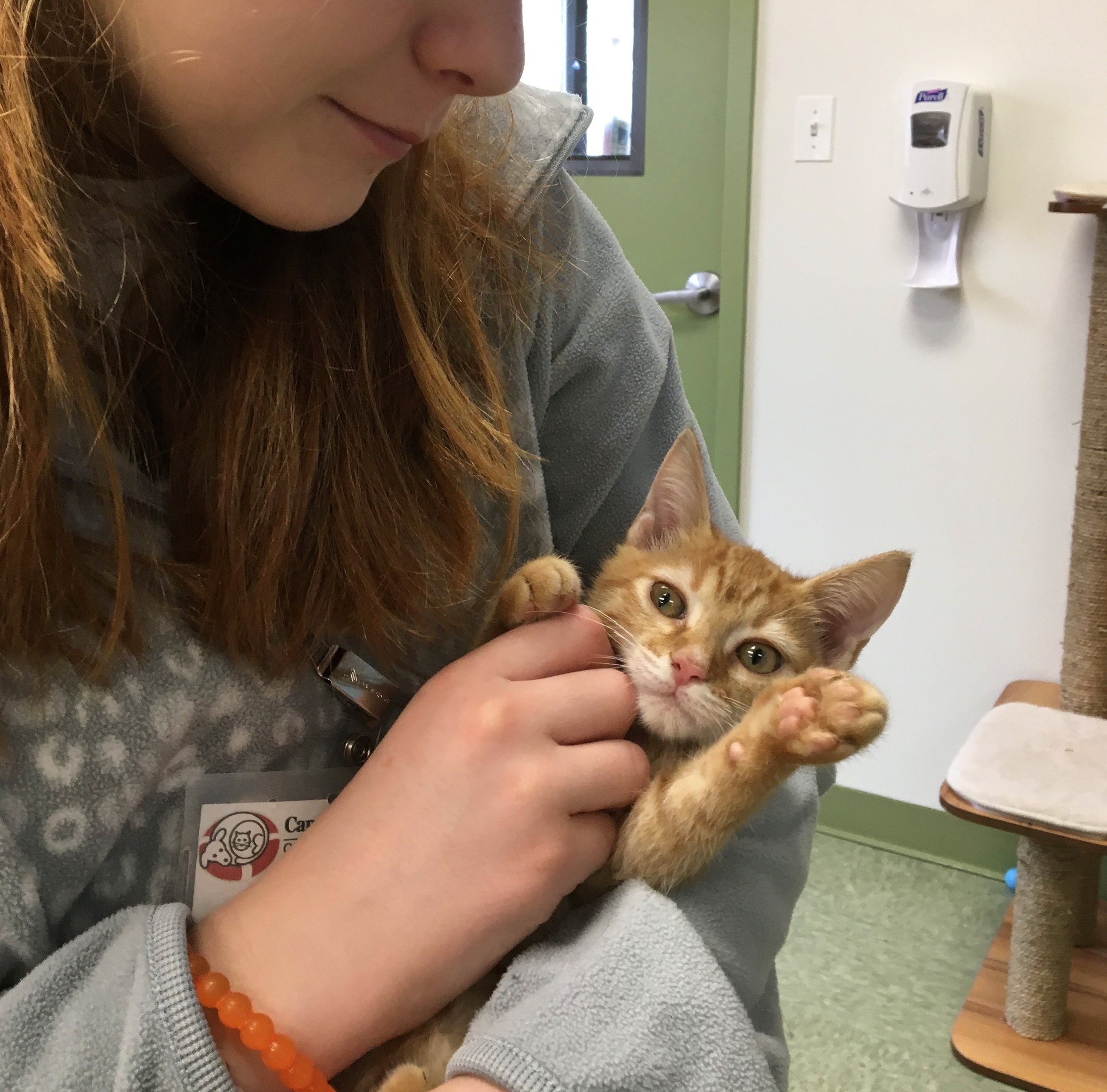Get to know MAC
The Massachusetts Animal Coalition (MAC) is a statewide, not-for-profit organization formed in February 2000 to promote collaboration among those who work in animal welfare, both professionals and volunteers.
By joining together, MAC members have created strong alliances and developed new programs and initiatives. Ever-increasing numbers of Massachusetts animals have benefited from this cooperation.
MAC members include representatives from:
All types of animal shelters
Canine rescue organizations
Feline rescue organizations
Trap-Neuter-Return organizations
Animal Control Officers
Staff from low-cost spay and neuter clinics
Humane law enforcement officers
Animal advocacy organizations
Board members of organizations
Veterinarians
Attorneys
Our mission is simple
Providing the Massachusetts animal welfare community with informational and financial resources, opportunities for professional growth, collaboration, and networking to improve the welfare of companion animals in our state.
What we do
MAC members and volunteers work together to create sustainable programs. Sometimes we have task forces that become full programs.
Current programs include:
“I’m Animal Friendly” License Plate Program
AniMatch (moving adoptable dogs around the state to increase adoption prospects)
Educational Meetings
Our current task force is:
Shelter Operations School
Past task forces include:
Feral Cats
Reshaping the Shelter Image
Behavioral Evaluation of Shelter Dogs
ACO/Shelter Support
Rabies Clinic Task Force
Foster Care
Resource Directory
Spay Worcester Task Force
Pit Bull Spay/Neuter Task Force
Shelter Statistics Task Force
MAC Position Statements
-
The Massachusetts Animal Coalition supports the Act to Prevent Cruelty to Farm Animals. We are a “companion animal” organization but support the humane treatment of ALL animals.
-
The Massachusetts Animal Coalition urges all Massachusetts shelters and rescues to collaborate with their local animal control departments to ensure that all unclaimed adoptable dogs have access to adoption at the end of their stray hold period.
Many shelters and rescues in Mass. are registered to take out-of-state animals. However, it is important to recognize that there are healthy dogs (of varying breeds, including purebred) across the state in need of homes.
MAC believes that it is the responsibility of all shelters and rescues in Massachusetts to help in the rescue, rehoming and adoption of our local dogs. We urge shelters and rescues to assist their local animal control departments and to prioritize unclaimed dogs in their intake and develop relationships to facilitate this.
Communication about dogs that need to be transferred to other organizations may begin during the stray hold period (7 days statewide as of November 1, 2012), so that dogs can be moved as soon as the hold period is complete. MAC encourages all shelters and rescues to know, and work with, local ACOs in your area, as they need our support in this shared endeavor.
For more information or to become a partner in MAC’s AniMatch (previously PILOT) program, please contact us. AniMatch was created to address the issue of local dogs that are often overlooked in local animal control facilities — and the program works to move them to other organizations that could more easily facilitate adoptions.
-
The Massachusetts Animal Coalition urges all Massachusetts shelters, rescues and animal control programs to work towards the goal of a 100% pre-adoption sterilization rate. One hundred percent pre-adoption sterilization is the only way to ensure that these entities that are working to end pet overpopulation and homelessness are not contributing to the very problem they seek to solve.
More than 20 years ago, Massachusetts passed a statute that allows for a deposit (ranging from $10-$30) to be taken by an animal shelter or control facility upon adoption, with the goal that the adopter will then get the animal spayed or neutered to reclaim this deposit. While this statute was a smart move for the state at the time, the law is now outdated, doesn’t contain an enforcement mechanism and is quite simply not the most effective way to ensure that all animals leaving shelters, rescues and animal control facilities are spayed or neutered.
Data shows that these types of deposit laws are not as effective as pre-adoption sterilization. For example, California now has a mandatory pre-adoption sterilization law for counties with over 100,000 residents. This law took effect 12 years after the state’s deposit law. In the first five years after this change in law, (2000-2005), total dog and cat intake rates in the six largest counties with complete animal control data dropped by 10%.
Since the 1980s, when the Massachusetts deposit law was considered a novel approach, knowledge about early spay/neuter has increased and the practice is now widely accepted. Most organizations in Massachusetts have now recognized that the cost of losing track of intact adopted animals is simply too high and that the follow-up to ensure post-adoption sterilization is just too time-consuming.
Organizations looking for assistance with reaching this goal can:
Connect with veterinarians who will conduct early spay/neuter or train the organization’s current veterinarian on this surgery.
Learn from other organizations that have implemented this change.
MAC will assist organizations looking to adopt such a policy by facilitating connections between Massachusetts veterinarians and organizations.
Make a difference today
To help MAC to continue its work with animals, please make a donation.




